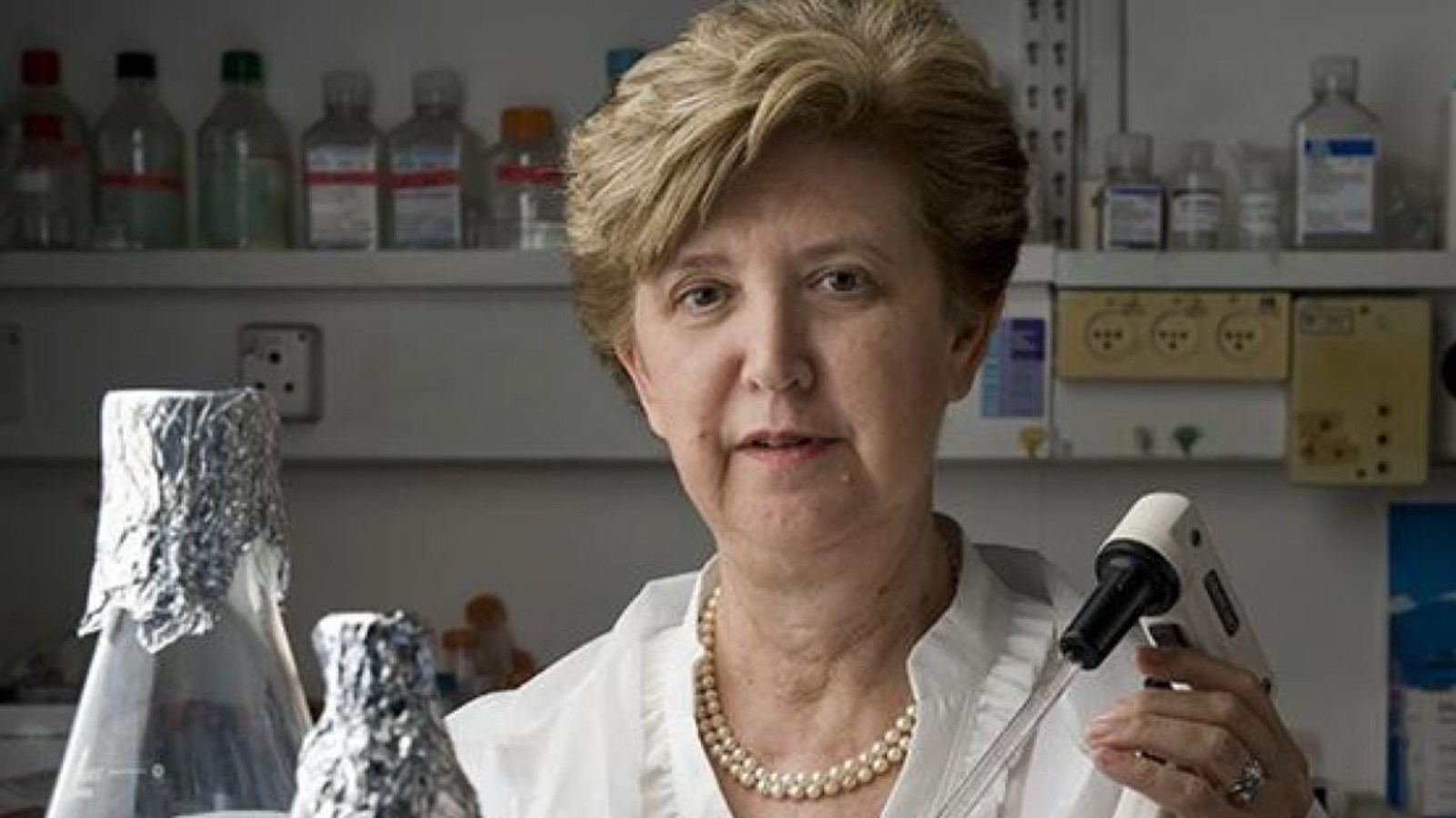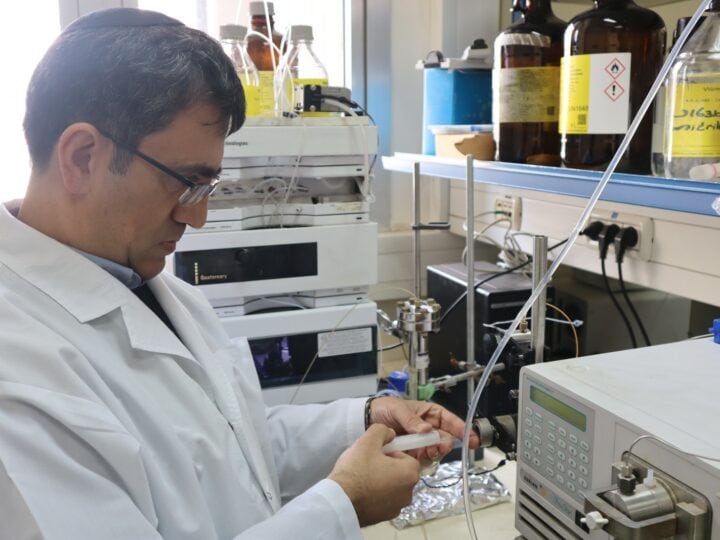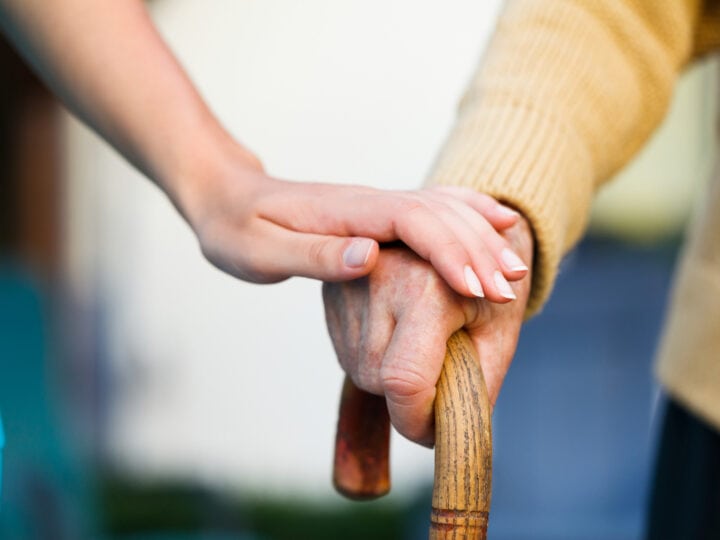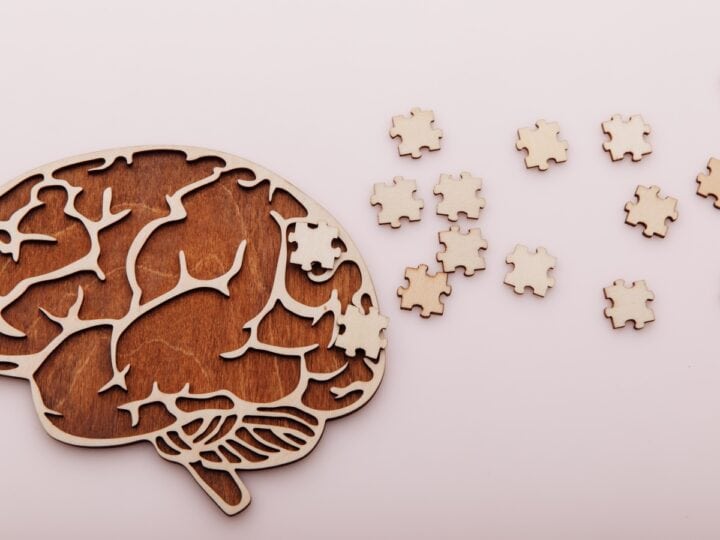An experimental drug called NAP – originally developed for Alzheimer’s disease at Tel Aviv University – could help children with a type of autism caused by ADNP syndrome, a genetic mutation characterized by mental impairment.
NAP (also called CP201) was invented by Prof. Illana Gozes of the Department of Human Molecular Genetics and Biochemistry. Twenty years ago, Gozes’ lab discovered the activity-dependent neuroprotective protein (ADNP) gene and its link to autism.
Last December, ISRAEL21c reported on Gozes’ groundbreaking discovery that mutations of ADNP accumulate in the brains of Alzheimer’s patients.
“NAP is actually a short active fragment of the normal ADNP protein,” said Gozes.
When NAP was added to the nerve cells of mice carrying an ADNP mutation, the protein bound to the nerve cell properly and the cells returned to normal function.
“The fact that NAP treatment has been successful in restoring the normal function of neuronal-like cell models with impaired ADNP raises hopes that it may be used as a remedy for ADNP syndrome and its severe implications, including autism,” she said.
Because other genetic disorders related to autism are characterized by similar pathologies in the brain, “we hope that those suffering from these syndromes will also be able to benefit from NAP treatment in the future.”
NAP has been classified as an “orphan drug” by the US Food and Drug Administration. It is in the preparatory stages of a clinical trial in children with ADNP syndrome through the Israeli company Coronis Neurosciences, of which Gozes is chief scientific officer.
Treatment with the experimental drug is hoped to aid cognitive improvement in these children and enhance their memory and learning skills.
“We hope and believe that we will ultimately reach the goal of developing a drug or drugs that will help children with autism resulting from genetic mutations,” said Gozes.
The results of the international study she led showing the deposits of a particular protein in the brain of Alzheimer’s patients and in tissues taken from the postmortem brain of a 7-year-old autistic child in Croatia were published recently in the journal Translational Psychiatry.

















